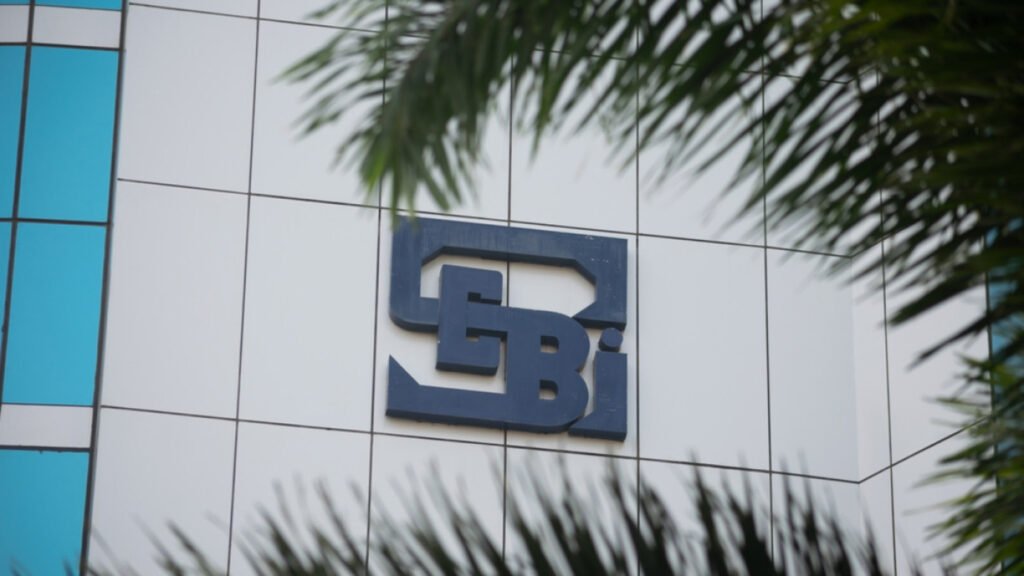Introduction
In a significant move aimed at streamlining the process of Initial Public Offerings (IPOs), the Securities and Exchange Board of India (SEBI) has announced a reduction in the timeline for the listing of shares on stock exchanges after the closure of IPOs. As of August 9, the listing time has been halved to just three days from the previous duration of six days.

SEBI’s circular on this matter states that the new listing timeframe will be voluntary for all public issues scheduled to open on or after September 1, and it will become mandatory for all issues following December 1. This strategic change is expected to bring forth several benefits for both issuers and investors within the Indian capital markets.
The regulatory authority highlighted that this reduced timeline will yield advantages for issuers, as they will gain faster access to the capital they raise. This alteration is projected to significantly enhance the ease of conducting business in the Indian market. Additionally, the new policy seeks to benefit investors by providing them with early credit and liquidity options for their investments.
SEBI Lists out the benefits
According to SEBI, the decision to shorten the listing period was made following extensive consultations with various stakeholders including anchor investors, registrar and transfer agents, broker-distributors, and banks. Rigorous stress testing was carried out to ensure a smooth transition to the new timeline.
To facilitate the transition, the Registrar to an Issue will undertake third-party verification of IPO applications. This will involve matching the Permanent Account Number (PAN) available in the demat account with the PAN available in the bank account of the applicant. In case of any mismatch, the applications will be considered invalid for the purpose of finalizing the allotment basis.
This change in policy was discussed and approved during SEBI’s board meeting in June. At that time, the board indicated that the revised timeline of three days (T+3) for listing shares in a public issue would be implemented in two phases.
Furthermore, SEBI Chairperson Madhabi Puri Buch stated that the proposal to regulate the total expense ratio (TER) charged by mutual fund houses has been deferred. The regulatory authority intends to publish a new consultation paper on TER regulations, signalling a potential overhaul of the existing framework. The revised TER regulations are expected to be released in due course.
In conclusion,
The reduction of the listing time for IPOs by SEBI is a proactive step aimed at enhancing the efficiency of India’s capital markets. This move is expected to have a positive impact on both issuers and investors by expediting access to capital and providing increased liquidity options. The phased implementation of this new timeline reflects SEBI’s commitment to a seamless transition and engagement with relevant stakeholders.











